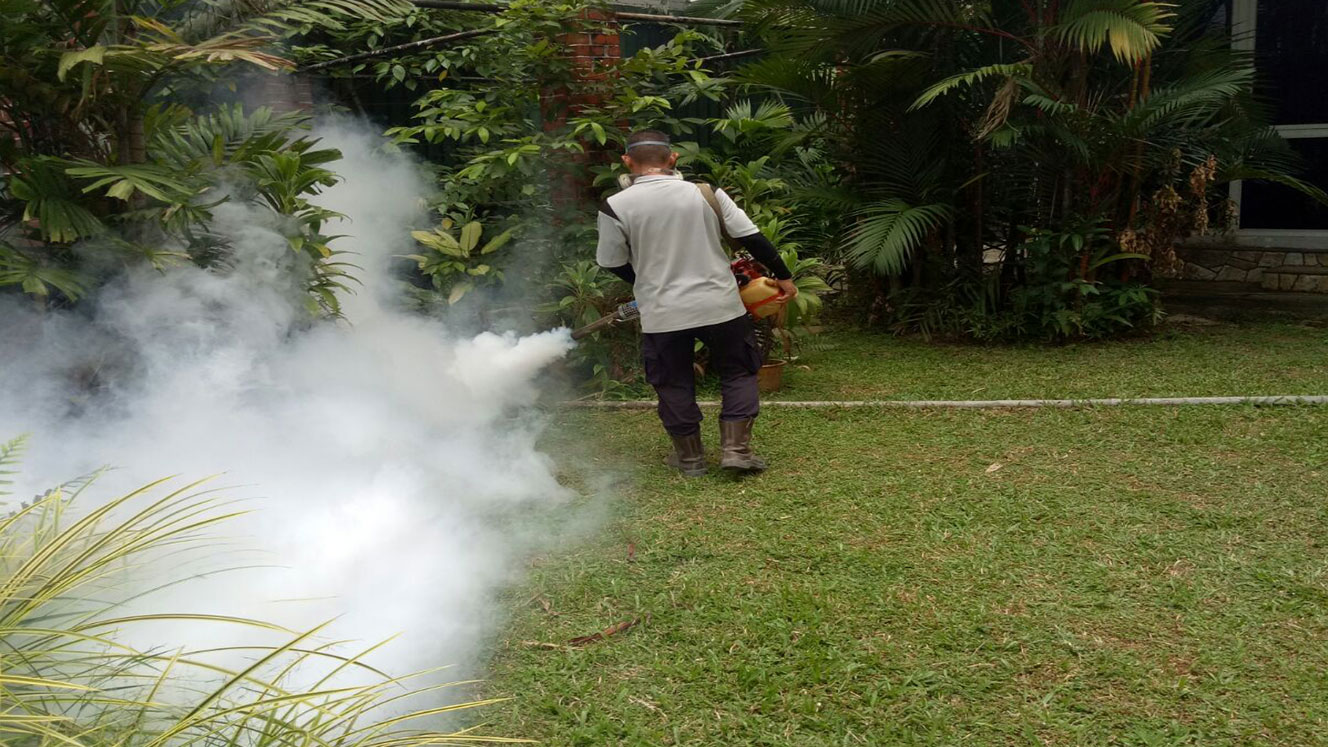Pests can provide you with affordable mosquito treatments that have a significant impact. Do not be misled by the term “low-cost.”
The best mosquito prevention Singapore provides your property with all it needs to fend off and manage insects.
Here Is What to Anticipate:
Inspection:
A thorough inspection is the basis of efficient anti termite treatment Singapore. The skilled and knowledgeable specialists are aware of mosquito breeding grounds and daytime hiding places. So that trouble spots can be targeted and vulnerabilities can be addressed, your specialist will conduct an examination and identify these locations around your residence or place of business.
Mist Therapy:
The moment has come to apply a low-grade pesticide to the targeted regions once your specialist has determined where to treat it.
Ornamental plants, flowerbeds, tree canopies close to the edge, windows that can be reached, rooflines that can be reached, and shady areas will all receive a mist.
A substance that is intended to kill simple creatures like mosquitoes and ticks will be applied to every surface where insects congregate. Children or animals are not harmed by this product.
Breeding Locations:
In quiet water, mosquitoes can breed. Your expert will try to address any still-water resources that exist on your property.
Larvicide may be applied to reduce mosquito growth or habitat improvements may be proposed to avoid rainwater collection. The intention is to prevent mosquitoes from locating a location in your yard to deposit their eggs.
What Are the Benefits of a Mist Treatment?
Moisture pests include mosquitoes. They expire if they become dry. They thus seek shelter in damp, dark areas during the height of the day when the sun is in the sky. When they do, pest control chemicals can easily get rid of them.
The hiding areas in your yard function as enormous mosquito traps when your technician does routine mist treatments throughout mosquito season, which is normally between April and September. Each treatment lasts for 30 to 40 days after application and requires around 6 to 7 treatments annually.
Effectively establishing a dead zone that new mosquitoes must trespass into, not only helps to eliminate mosquitoes in your yard but also your neighborhood.
It can also take some time for new mosquitoes to replace the old ones because the majority of mosquitoes only migrate a few hundred yards throughout their lifetime.
While there is no way to ensure that your property will be free of mosquitoes, using this method will greatly minimize the number of bites you receive and greatly increase your comfort when engaging in outdoor activities in your yard.
Why Is It Crucial to Regulate Breeding Grounds?
Even if your yard has been treated, if a female mosquito enters your property, lays eggs, and then takes a nap in an area that has been treated by your pest-control specialist, the swarm that results from those eggs might still appear.
A single mosquito can produce over one hundred eggs at once. There on your land, there are over a hundred mosquito eggs that will eventually hatch into adults. Additionally, those new mosquitoes may bite you before they enter rest areas that have been treated.
Mosquito breeding grounds may also draw them to your yard. Mosquitoes favor wet, sticky environments. Mosquitoes will find your yard more appealing the more wetness you have on your lawn and in your landscaping.
How Do Mosquitoes Reproduce?
Although mosquitoes are prolific breeders, they do not reproduce overnight, even though it may seem that way when they are hatching in your yard by the hundreds.
It takes time for mosquito eggs to hatch into larvae, for larvae to grow into a pupa, and for a pupa to mature into an adult mosquito that will bite you when it flies.
A mosquito may deposit a batch of eggs in just one inch of water. The earliest time that those eggs will hatch is 24 to 72 hours after being put in a breeding environment that is suitable. Some eggs may sit for years before they finally hatch.
Due to the way their larvae move about in the water, these eggs hatch into creatures known as wrigglers. These wrigglers need between five and ten days to transform into a pupa. And they spend one to three days as pupae.
A mosquito may develop from an egg to an adult in as little as 7 days. However, it can take up to 16 days. Your pest control specialist can stop this development in several methods during this period.
Once a mosquito flies, breeding happens swiftly, often within a day. Therefore, one mosquito won’t need much time to establish over a hundred more in your yard. In their initial brood, some mosquitoes can deposit as many as 500 eggs. However, you may reduce mosquito generation by eradicating nesting grounds and using regular mosquito misting treatments.







